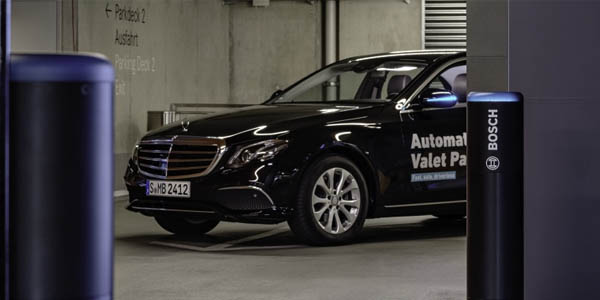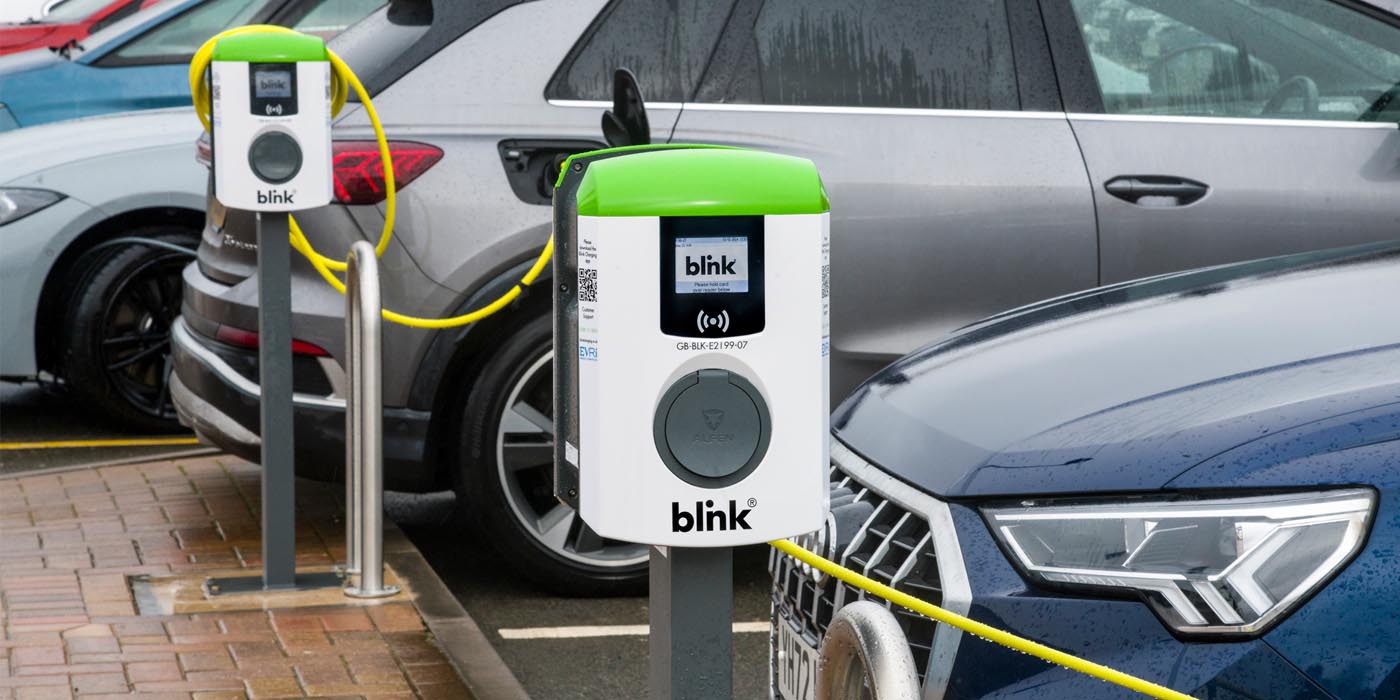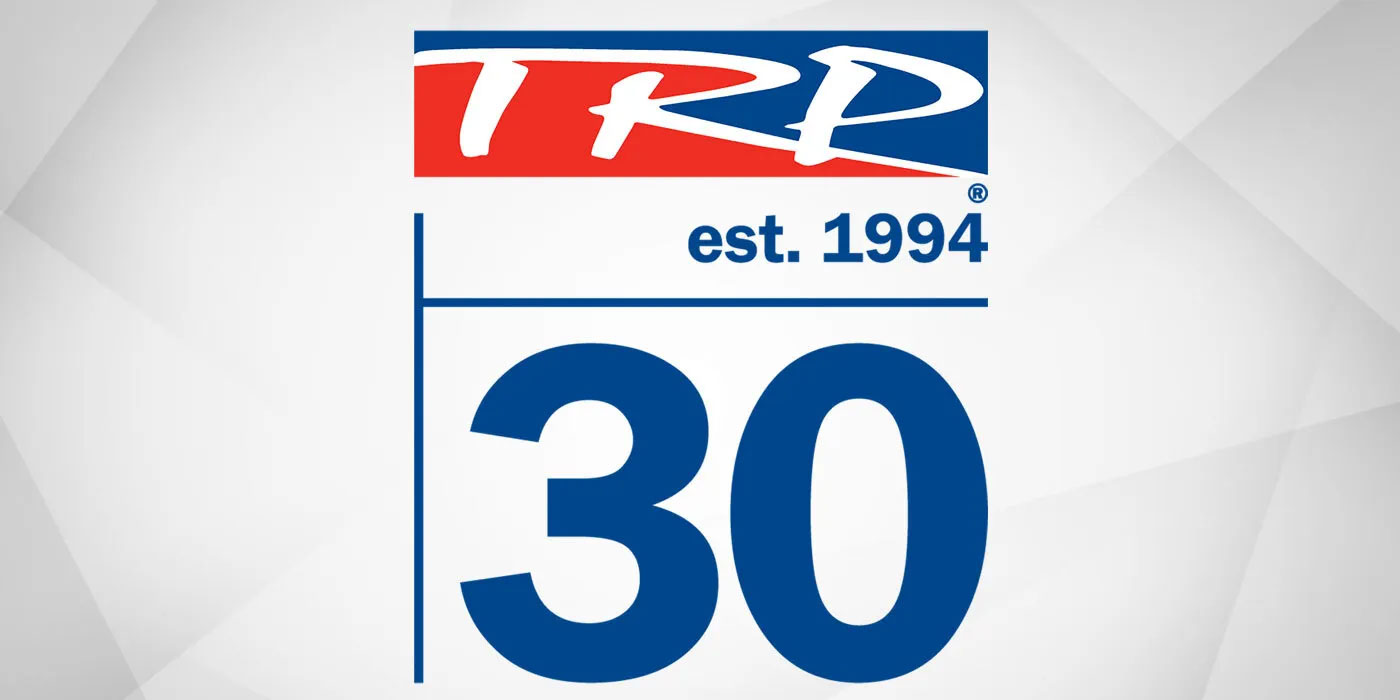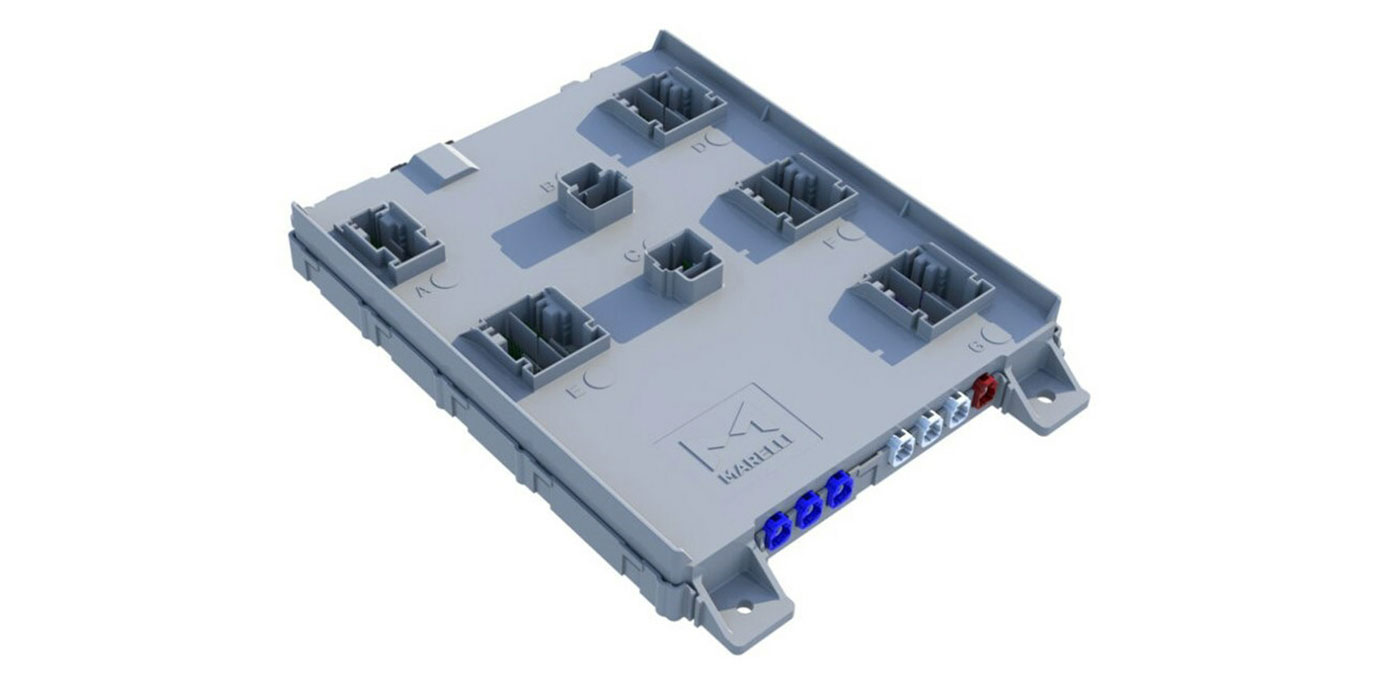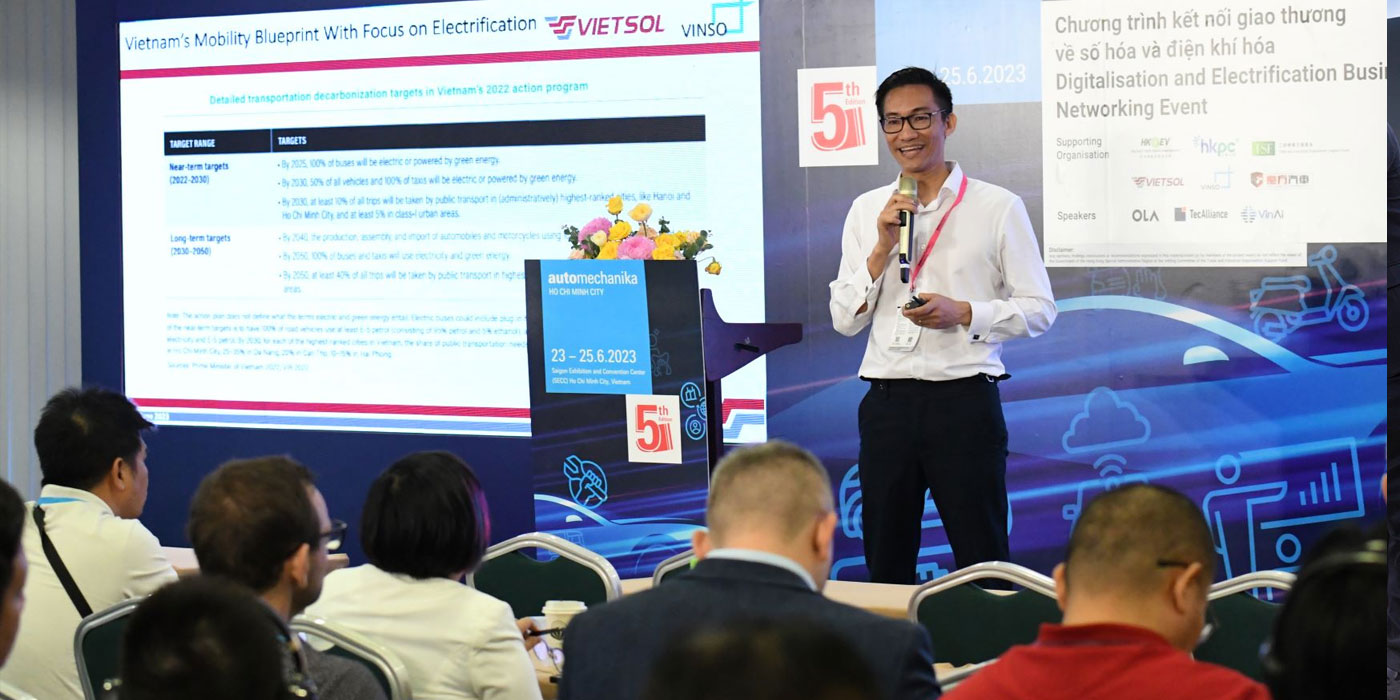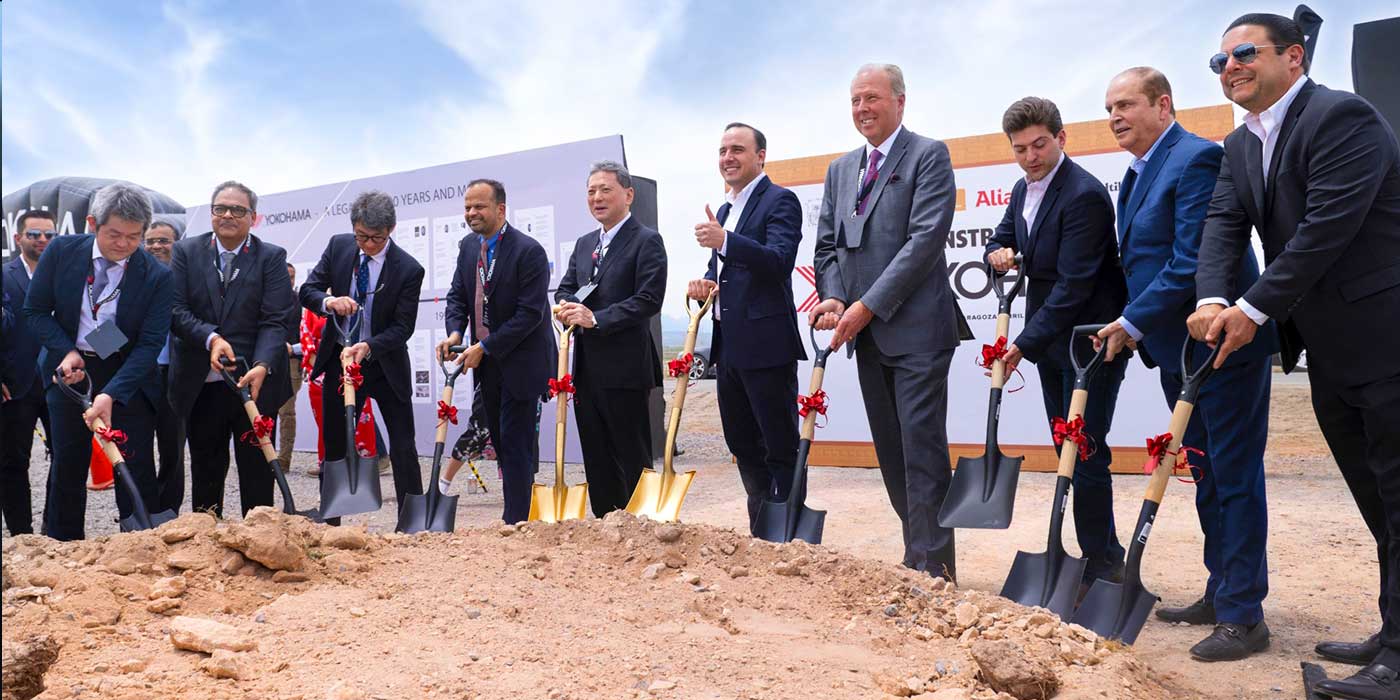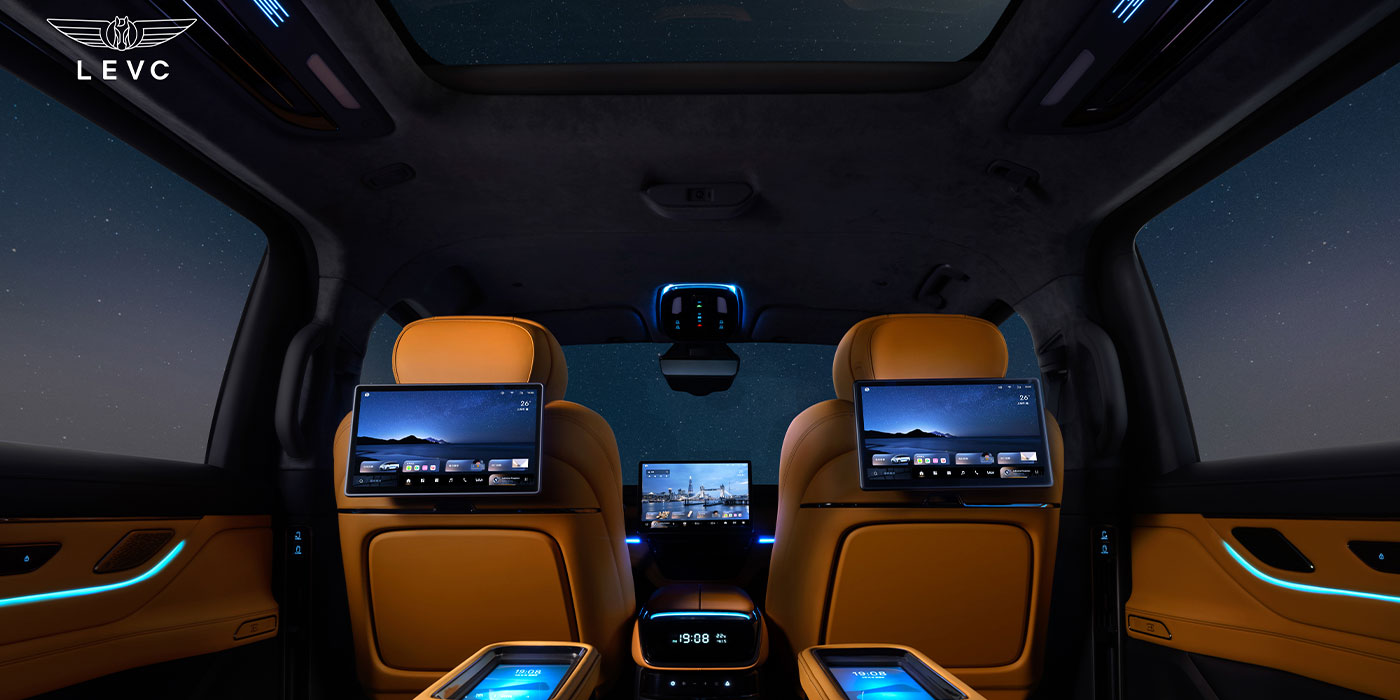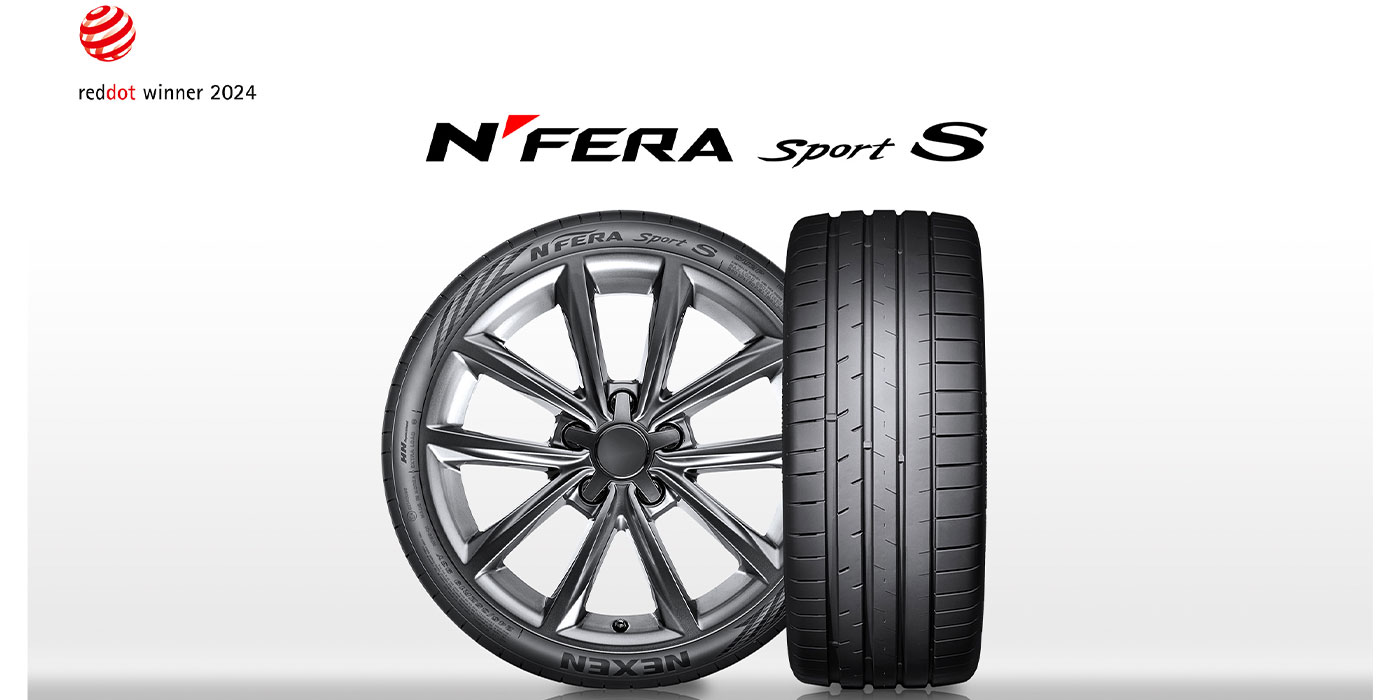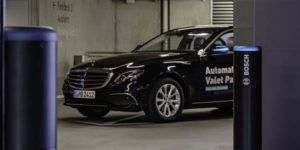 Manual parking is now a thing of the past. At the Mercedes-Benz Museum parking garage in Stuttgart, Bosch and Daimler have made automated valet parking a reality.
Manual parking is now a thing of the past. At the Mercedes-Benz Museum parking garage in Stuttgart, Bosch and Daimler have made automated valet parking a reality.
With a command from a smartphone, drivers can now automatically park cars in their assigned spots without having to monitor the vehicles’ movements. Automated valet parking is an important milestone on the road to autonomous driving. The pilot solution at the Mercedes-Benz Museum parking garage is the world’s first-ever infrastructure-based solution for a fully automated valet parking service in real conditions, with and without drivers at the wheel. From early 2018, visitors will be able to experience the convenient service for themselves in the museum’s garage, and save the time they would have spent parking.
“Autonomous driving will be with us faster than many realize. Driverless parking at the museum impressively demonstrates how advanced the technology already is,” said Dr. Michael Hafner, the head of automated driving and active safety development at Mercedes-Benz Cars. “The use of intelligent parking garage infrastructure and its connectivity with vehicles has allowed us to make driverless parking a reality much earlier than expected,” said Gerhard Steiger, president of Bosch’s Chassis Systems Control division.
As if by magic, driving automatically to parking spaces and back using a smartphone, anyone can book a car by app. The journey starts when the vehicle autonomously drives up to the pick-up area. Returning the car is just as easy – the customer leaves the vehicle in the garage’s drop-off area and returns it using the smartphone app. Once the parking garage’s intelligent system has identified the vehicle, the car starts and is guided to an assigned space.
This driverless parking is made possible by the interplay between intelligent parking garage infrastructure supplied by Bosch and Mercedes-Benz automotive technology. The sensors installed in the parking garage monitor the driving corridor and its surroundings while guiding the vehicle. The technology in the car safely converts the commands from the parking garage infrastructure into driving maneuvers and, if necessary, stops the vehicle in good time. The sensors for the parking garage infrastructure and the communications technology come from Bosch. Daimler is providing the privately owned museum parking garage and pilot vehicles. Together with Bosch, the automaker will define the interface between infrastructure and the vehicle, and make the necessary modifications to the vehicles’ sensor technology and software.
World’s first operating approval for driverless parking
The premiere will be followed by an intensive testing and start-up phase. From the start, the project has been overseen by local agencies – the Stuttgart regional administrative authority and the state of Baden Württemberg’s transportation ministry – and experts from TÜV Rheinland with the aim of assessing the operating safety of the automotive and parking-garage technology. The regulatory authorities must issue their final approval before driverless parking can be offered to customers, and the public can use automated valet parking, at the Mercedes-Benz Museum parking garage for the first time worldwide in early 2018.
Through the pilot project, Bosch and Mercedes-Benz will gain experience in how users deal with automated valet parking. Existing parking garages can be retrofitted with the infrastructure technology. For parking garage operators, driverless parking will mean more efficient use of the parking space available – the same amount of space can accommodate up to 20 percent more vehicles.

